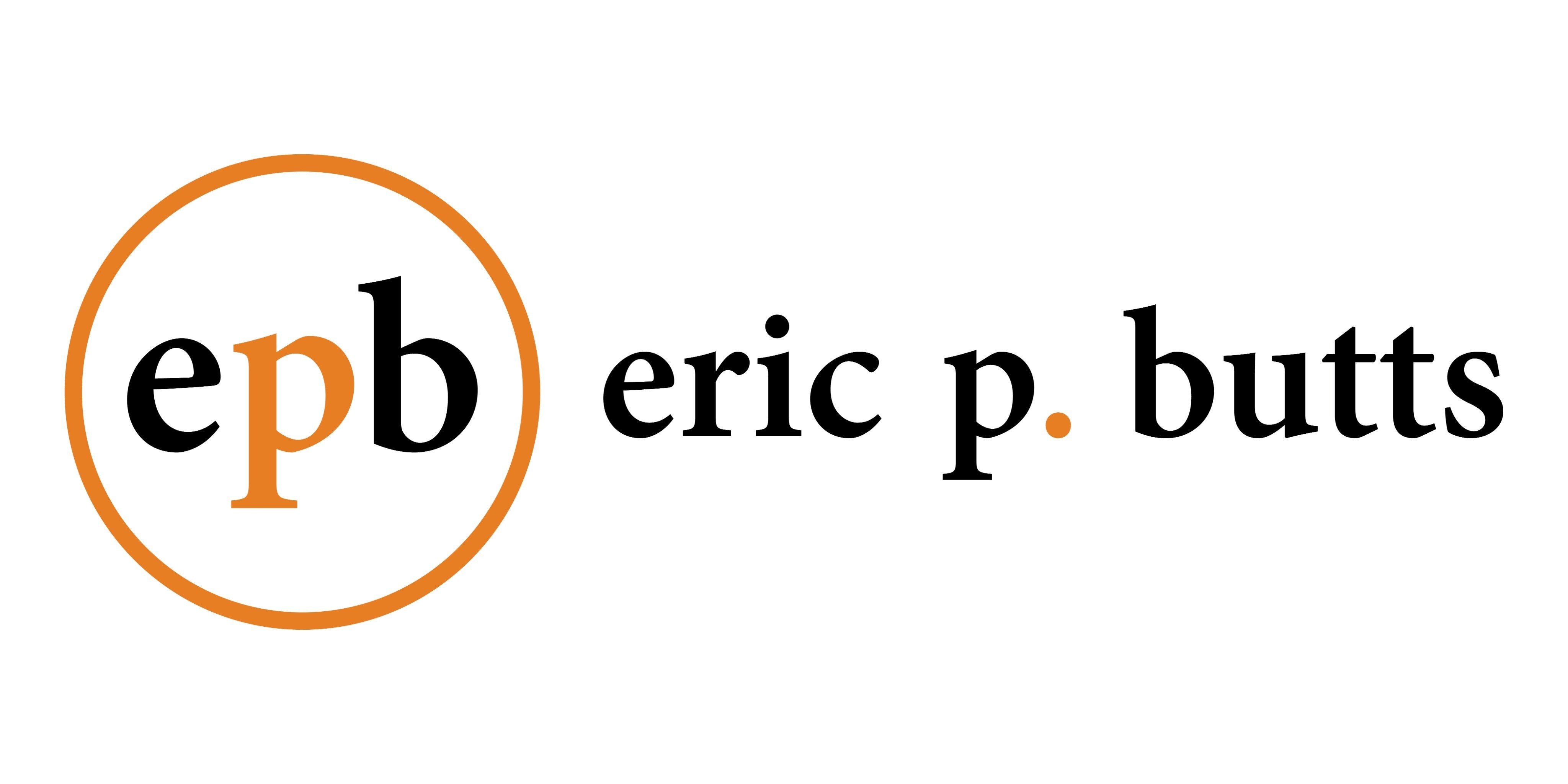[Guest Post] Three things I’ve learned in one year of management consulting
Most people will tell you that college is the time in your life when you learn the most, but I have to disagree with those people. While I agree that college is an amazing time for learning (and a heck of a lot of fun, too), both in the educational sense and the social, interpersonal sense, the real learning comes after you walk across that stage.
While you may know how to calculate EPS or how to use Lagrange multipliers in macroeconomics, there’s so much more you need to know to be successful in your career. Being only one year into my management consulting career, I’m well aware that I have many miles to go before I can claim any real knowledge on how to attain career success. That being said, I’ve learned a thing or two in the past 12 months that I’d like to share for those of you who may be on the first few steps of your career paths as well.
Always understand why you’re doing something
In college, it’s typically pretty clear why you’re doing what you’re doing – studying chapter four because your professor says there will be a quiz on it, doing practice problems because they’re on the study guide, etc. It’s not always quite so clear in the working world, but it’s just as important (if not more).
If you understand what your manager’s end goal is when they ask you to set up a tracker, it’s a lot easier for you to present that information in a clear, digestible fashion, which makes their life way easier. It makes your life easier too – fewer revisions and increased trust in your abilities lead to more responsibility much more quickly. Getting to the core of the issue you’re trying to help resolve, you’re able to identify new ways to add value, not just check the box on whatever task you’ve been given.
Learn as much as you can from those around you
If you’re working in management consulting, chances are you’re surrounded by some very smart, very driven people. Take full advantage of this – ask questions whenever you’re confused and ask the people around you about their experiences. It’s much better to ask the question when you’re being given the task, rather than after three hours of misguided work.
There are two main buckets of knowledge you should seek – 1) the functional, technical knowledge and 2) the personal, relationship-oriented knowledge. Take every opportunity to learn the technical pieces that you can, even if it means adding a bit more work to your plate (but also be sure to know your limitations and not burn yourself out).
As for the relationship part, look to those around you to see how they interact with each other and with the client. Be aware of how they’re presenting themselves, how they’re establishing rapport with those around them, and learn how to do the same.
Be confident in what you know, and confident in what you don’t
It can be intimidating to start out in consulting, where everyone seems so intelligent and knowledgeable. But you’re here and there’s a reason for that – so own where you’re at.
Nobody expects you to know everything at this point. Carry yourself with confidence, speak up when you know the answer, and if you don’t know the answer, do your best to figure it out (which may involve asking someone else eventually, but try to figure it out yourself first).
On the flip side of that coin, being an associate, there will be times you’ll be asked something and you’ll have no idea what the question even means. When this happens, don’t try to bluff your way out of it. Admit you don’t know, ask clarifying questions to understand what’s being asked of you, and once you understand the question, figure out how to get it done.
About Chloe Hull
I'm Chloe Hull, a second-year management consulting associate with a BS in Managerial Economics from UC Davis. Before my days working with Eric as a consultant, I was an avid writer and spent several years on my high school newspaper, as well as blogging for ESPN. Throughout my guest posts, I hope to provide you with you with some insights into the working world from a newly minted college graduate's point-of-view.
